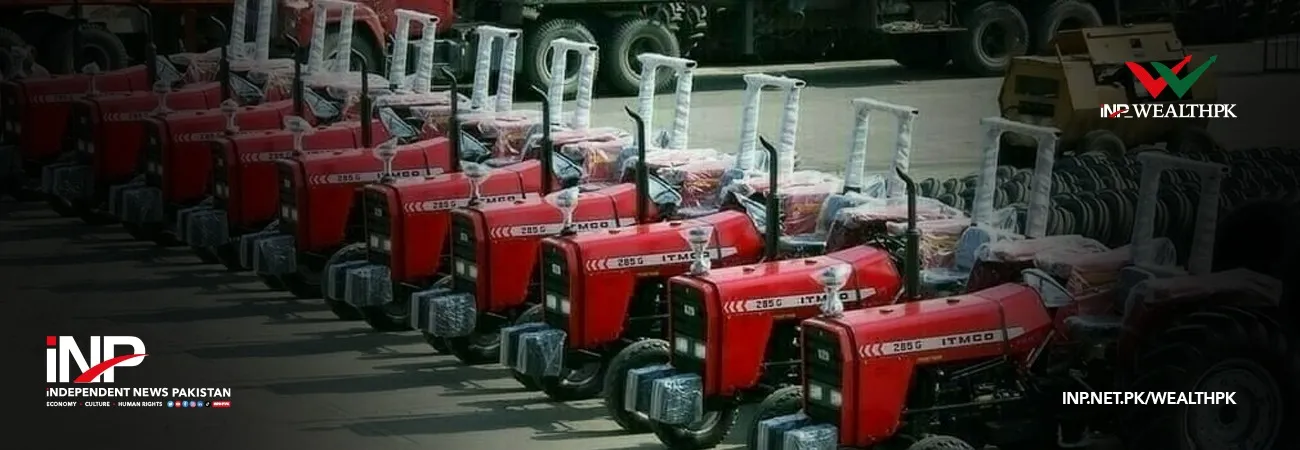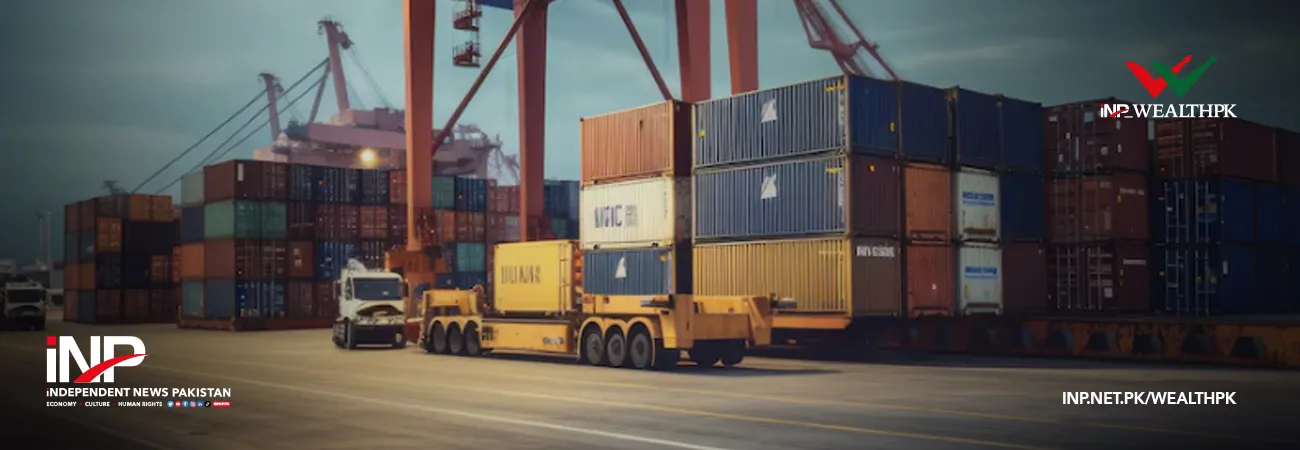آئی این پی ویلتھ پی کے
Muhammad Saleem
Equipping the country’s youth with market-driven skills can not only prepare them for jobs in the domestic industry, but also help them find jobs abroad.

Talking to WealthPK, Salamat Ali, former chairman of Pakistan Hosiery Manufacturers and Exporters Association, said Faisalabad has long been the mainstay of Pakistan’s textile sector, yet it continues to face a serious shortage of skilled workers. “To bridge this gap, it is necessary to fully activate the vocational institutions and equip the youth with hands-on training. If we continue at the current pace, this issue may snowball into a major crisis in the coming years,” he said.
“A large number of our young people are unemployed because their degrees don’t align with the needs of the local industry. Even if their education is somewhat relevant, they often lack practical skills required by the industry. “In today’s competitive market, there is no room for uneducated or unskilled labor. These days, the ball is in the court of those who are either highly educated with practical knowledge or are specialized in a specific field,” he said.
Humayun Ahmed, a teacher at a vocational institute, told WealthPK that skilled labour was not just a support system but a driving force behind the industries, whether based in Faisalabad or elsewhere. To build a sustainable economy for the future, he said, we must start investing in skill development today. “When we look at the statistics, it’s clear that the number of people taking technical education seriously remains low, especially when compared to those enrolled in programs that only offer theoretical knowledge.”
“Technological advancements are rapidly changing every segment of the society; however, a big chunk of students still prefer traditional degrees. Many believe technical education is only meant for those who didn’t perform well in school. This mindset is deeply flawed. “We have observed that a skilled welder or machine operator can earn handsome money – sometimes more than a university graduate. We must therefore work to change the way students think about skilled-based careers,” he suggested.
Humayun said the industries’ demands are evolving, and now entrepreneurs are looking for people with strong expertise in automation, digital machinery, dyeing software, and energy-efficient systems. These skills were rare about a decade ago, but today, even a simple machine requires some computer knowledge. The future belongs to the multi-skilled workers, especially those familiar with artificial intelligence (AI), he said.
“Young people have to understand the importance of technical skills because the future is better for those who acquire modern skills, not just book learning. If young people prefer to learn the right set of skills, they can get good jobs, start their own businesses, or even find work abroad,” he added. Salamat Ali said skilled workers were the driving force behind the success of textile mills, factories, and export units in Faisalabad.
However, he pointed out that most of the skilled men and women currently available were not familiar with AI. “In the future, artificial intelligence will change the way we work. We have to train our people accordingly to keep the machines running and products moving. If we don’t equip our workforce with the latest technology, our industries will not be able to grow,” he warned.
Credit: INP-WealthPk












